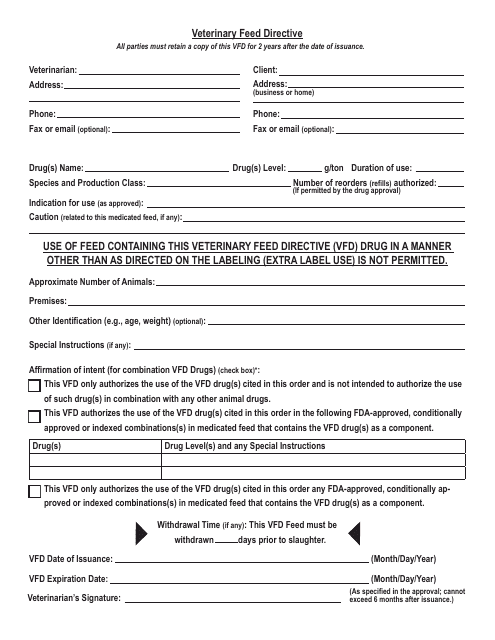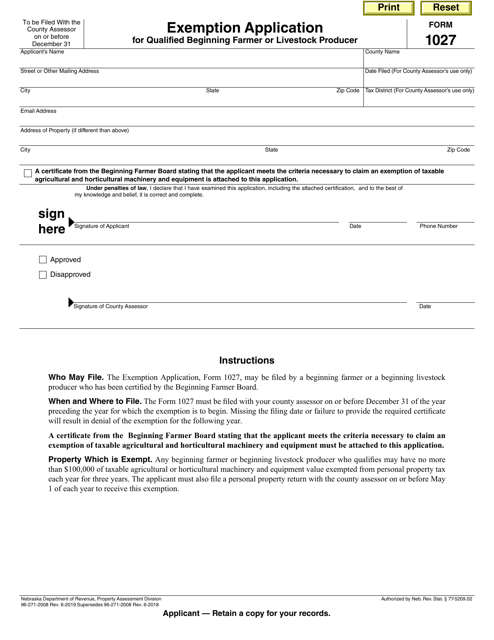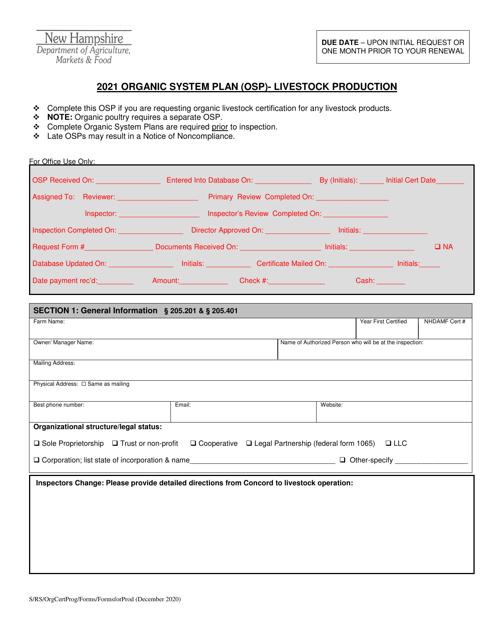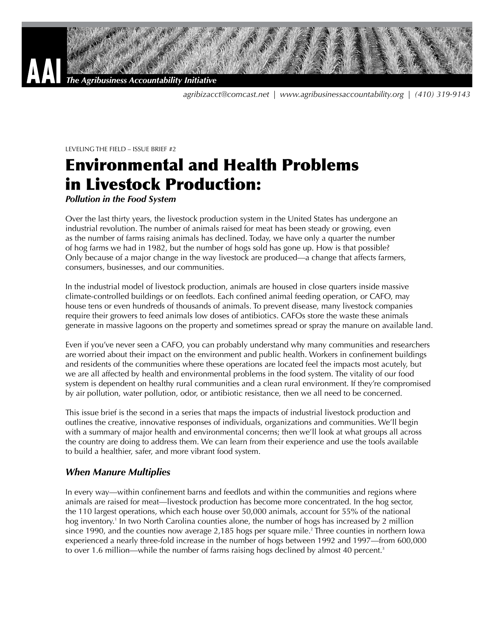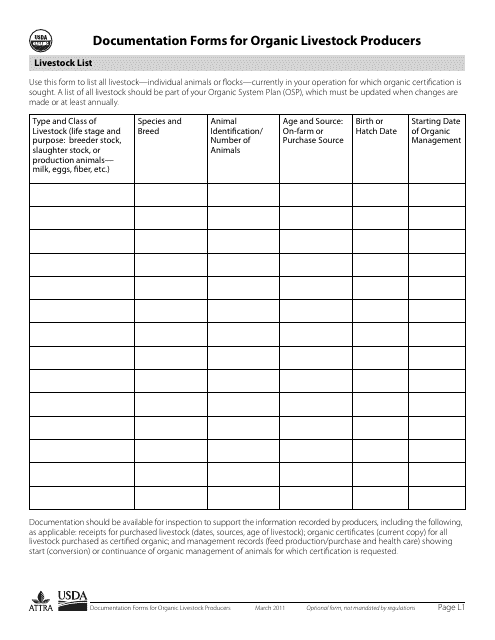Livestock Production Templates
Livestock production is a crucial part of agricultural systems worldwide, providing essential resources such as meat, milk, and fibers. This diverse sector encompasses various farming practices and management techniques aimed at raising domestic animals for human consumption or other purposes. From small-scale family farms to large commercial operations, livestock production plays a significant role in ensuring a stable food supply and contributing to the economy.
With an emphasis on animal health and welfare, livestock production involves closely monitoring and managing the well-being of the animals throughout their life cycle. This requires proactive measures to prevent diseases, ensure proper nutrition, and create suitable living conditions. Farmers often collaborate with veterinarians and utilize tools such as veterinary feed directive forms to administer medications and regulate the use of animal feed additives. These practices not only protect the health of the animals but also contribute to the safety and quality of the end products.
In the realm of sustainable agriculture, organic livestock production is gaining traction due to its focus on environmental conservation and animal welfare. Farmers implementing organic practices follow strict guidelines outlined in documents like the Organic System Plan (OSP). By adhering to these regulations, they promote the use of natural inputs, avoid synthetic chemicals, and prioritize animal-friendly practices. This alternative approach aims to produce high-quality organic animal products while minimizing the ecological impacts of livestock operations.
Livestock production is not without challenges. Environmental and health concerns arising from intensive farming methods have drawn attention to pollution in our food system. Researchers and health organizations are examining the impact of livestock production on water and air quality, as well as the potential consequences on public health. By studying the link between livestock and environmental degradation, stakeholders can develop strategies to mitigate pollution and ensure sustainable agriculture for future generations.
Whether you're a qualified beginning farmer or an experienced livestock producer, understanding the intricacies of livestock production through educational resources and governmental support is important. Forms like the Exemption Application for Qualified Beginning Farmer or Livestock Producer provide valuable assistance and benefits for individuals entering or expanding their ventures in this industry.
Overall, livestock production encompasses a diverse range of practices that are vital for ensuring a stable and sustainable food supply. By adopting innovative techniques, addressing environmental concerns, and prioritizing animal welfare, the livestock production sector contributes to the resilience and productivity of agricultural systems around the world.
Documents:
6
This Form is used for veterinarians in Michigan to prescribe certain medicated feed for animals. It helps ensure the safe and proper use of medicated feed to promote animal health.
This document explores the environmental and health problems related to livestock production, particularly pollution in the food system. It discusses the impacts of livestock farming on the environment and the potential health risks associated with consuming contaminated food.

